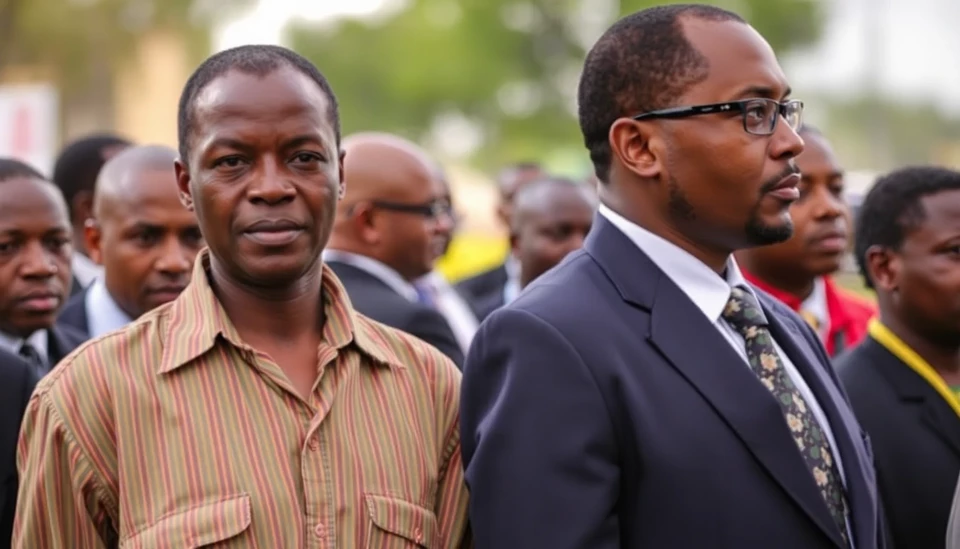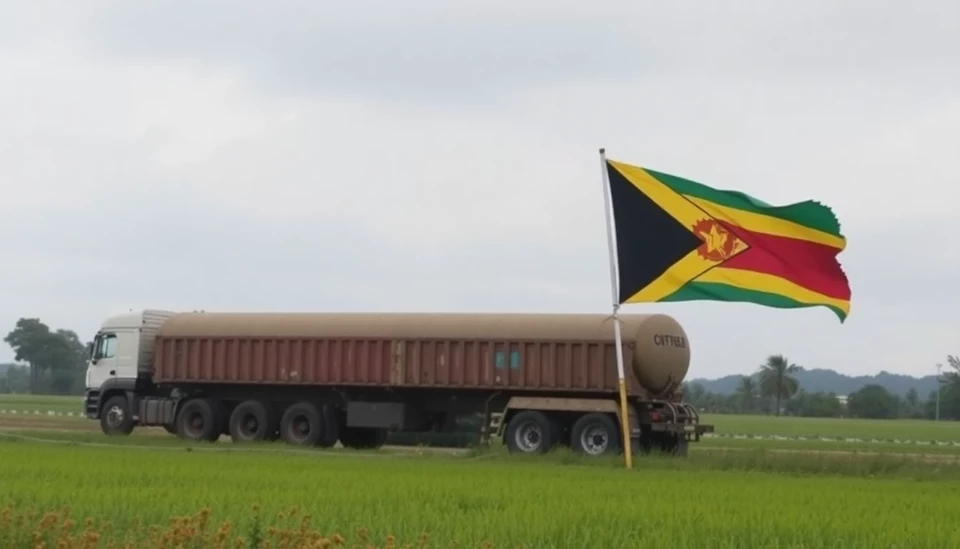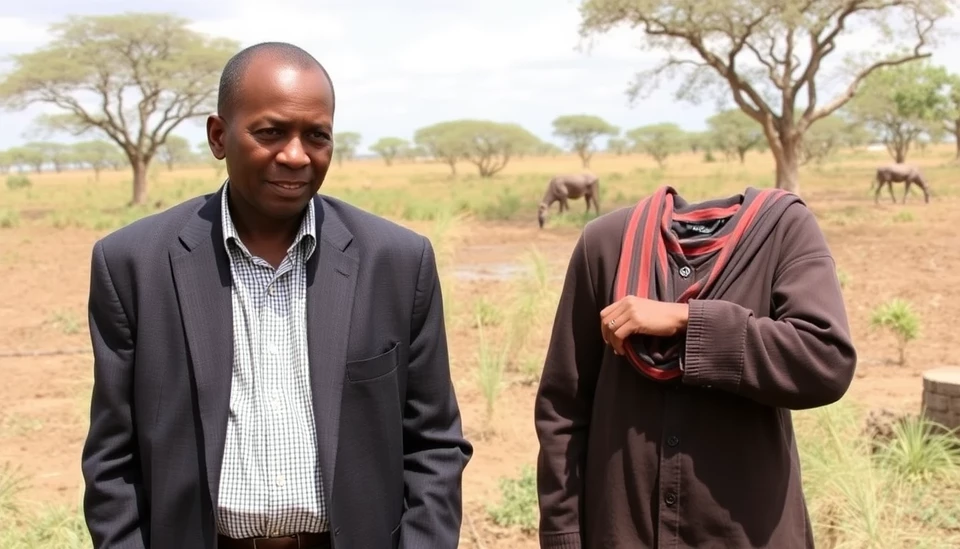
Zimbabwe is facing a significant crisis as the government has failed to meet its financial obligations to state employees, leaving workers unable to receive their salaries on time. This alarming situation has sparked protests and heightened tensions among public sector staff, who are increasingly frustrated by the government's inability to provide stable salaries in a faltering economy.
The Zimbabwean government has been grappling with an ongoing economic crisis characterized by hyperinflation, a depreciating currency, and dwindling foreign investment. These challenges have severely affected the overall financial health of the state, leading to severe delays in wage payments. Low-level state workers, whom the government relies on for essential services, have been particularly affected by the wage discrepancies.
According to a prominent workers’ union, the Zimbabwe Teachers Association (ZIMTA), state workers have not been paid their September salaries, alongside other recurrent delays since then. This lack of timely compensation has put immense pressure on families whose livelihoods depend on these salaries, many of which are significantly lower than the cost of living in Zimbabwe.
The situation has reached a boiling point, with union leaders calling for immediate governmental intervention. Workers have begun organizing protests and raising their voices to demand their overdue wages, while also appealing for better working conditions and sufficient compensation that reflects the current economic environment. The teachers' union has played a crucial role in mobilizing the workforce, emphasizing the urgency of the situation as the holiday season approaches.
In response to the escalating crisis, the government has promised it would prioritize wage payments, but many employees are skeptical of these assurances, given the chronic delays experienced in the past. Experts have warned that without substantial economic reforms and a more effective financial management strategy, the government's promises may not translate into actionable results.
The economic landscape in Zimbabwe remains precarious. Citizens are dealing with skyrocketing prices and a declining currency, making it nearly impossible for many to afford basic necessities. The government’s failure to pay its workers is not only a financial issue but a potential catalyst for larger social unrest if not addressed promptly. Observers note that the ongoing conflict between workers and the state could evolve into broader protests if workers feel their concerns continue to be ignored.
As the wage crisis unfolds, the focus remains on how the Zimbabwean government will navigate these challenges and restore trust among its workforce. Workers are watching closely to see if their demands will be met and whether their financial struggles will finally receive the attention they desperately require.
In summary, the failure to pay state workers in Zimbabwe reflects a broader economic malaise that poses serious questions about governmental efficacy and the well-being of its employees. The situation remains fluid, and developments will likely continue to unfold as both sides seek resolution.
#Zimbabwe #Wages #StateWorkers #EconomicCrisis #PublicSector #Protests #LaborRights
Author: Laura Mitchell




